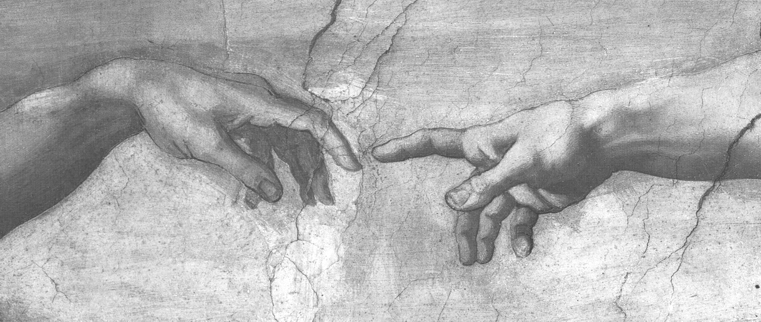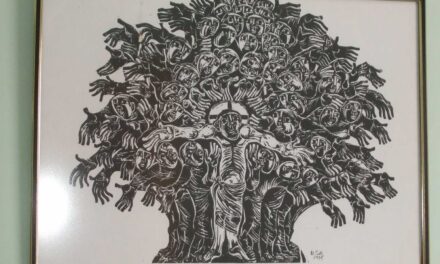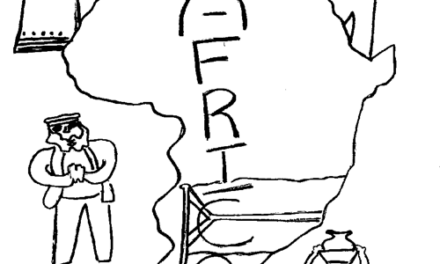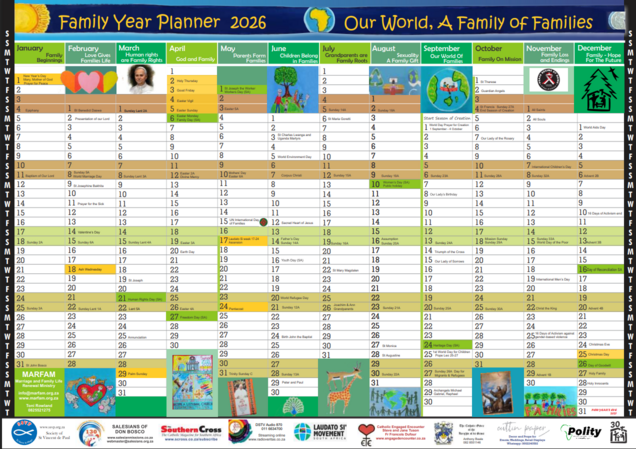February 22. Creation and incarnation. Mrs Beatus had developed a great interest in the life of St Francis and found her research most enlightening. She shared, “Francis himself was no great theologian but others around and after him developed his thought and experience into a spirituality which has now been followed by millions of men and women all over the world. At the centre of his life is the Incarnate Crucified Lord of all Creation whom Francis called our “Elder brother.” All Christians agree that Jesus is divine, but we have different views as to why God became human. Many believe that God sent Jesus as the repairman to correct the damage that had been caused by the original sin of humanity’s first parents, Adam and Eve. For the Franciscan theologian John Dun Scotus the reason for God’s choosing to become man is God’s love, not human sin. The incarnation means that God becomes a human person, a baby, poor, helpless and humble. God freely chooses to move beyond his own self-loving and to share that loving with something other, namely all of creation, especially but not exclusively humankind. Scotus recognizes that God’s love is hard to see in the misery of the abandoned Jesus on the cross, but the love glorifies the whole creational project in the Resurrection. From Care for Creation. In simpler terms, “God loved, God continues to love, God wants to share that love and be part of his creation which includes suffering and overcoming death. St Francis himself invites us to see nature or creation as a magnificent book in which God speaks to us and grants us a glimpse of his infinite beauty and goodness.”
Mrs Beatus added, “I can’t help wondering “If God, as Trinity is in a sense a family, a community of love, surely the same can be said of creation and, looking at it more specifically with family eyes, we can say, “Creation is a family of families.” Then applying this one can look at this larger animal family, plant family or insect family of families and see the particular characteristics of what makes a family – bonding, belonging, care and protection, unconditional love especially of the vulnerable, young, old, weak, etc. “
Pope Francis: In the Judeo-Christian tradition the word creation has a broader meaning than nature, for it has to do with God’s loving plan in which every creature has its own value and significance. Nature is usually seen as a system which can be studied, understood and controlled, whereas creation can only be understood as a gift from the outstretched hand of the Father of all, and as a reality illuminated by the love which calls us together into universal communion.LS 76. Reflect – Share – act – pray. Consider what are some qualities that identity what a family is and where they can be found?







Recent Comments